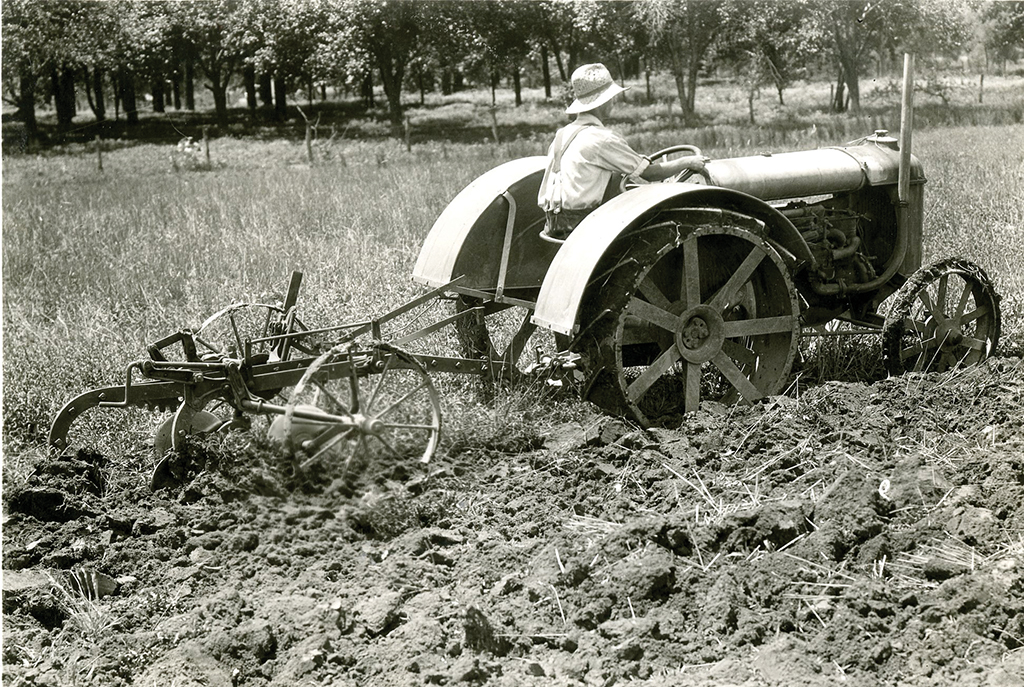What began as a garden on a couple of acres in 1871 has expanded to a 500-acre farm with beef cattle, hogs, poultry, field crops, horticulture crops and honeybees. This year marks the Berea College Farm’s sesquicentennial, 150 years of operating one of the oldest continuously operated educational farms in the nation.
“In a lot of ways, the history of the Berea College Farm mirrors the history of agriculture in the United States,” said Sarah Hall, chair of Berea’s Agriculture and Natural Resources department. “So when it started, its roots were to feed the College—to feed the students who were here. What we are doing today is getting back to those original early roots, where it was about feeding the people who are on campus and the local community.”
The practical roots of the farm in the 19th century soon grew into a demonstration of the latest farming techniques for farmers in the central Appalachian region. The College recognized the farm’s potential impact on more than just student labor and livelihood; it could contribute importantly to student learning as well.
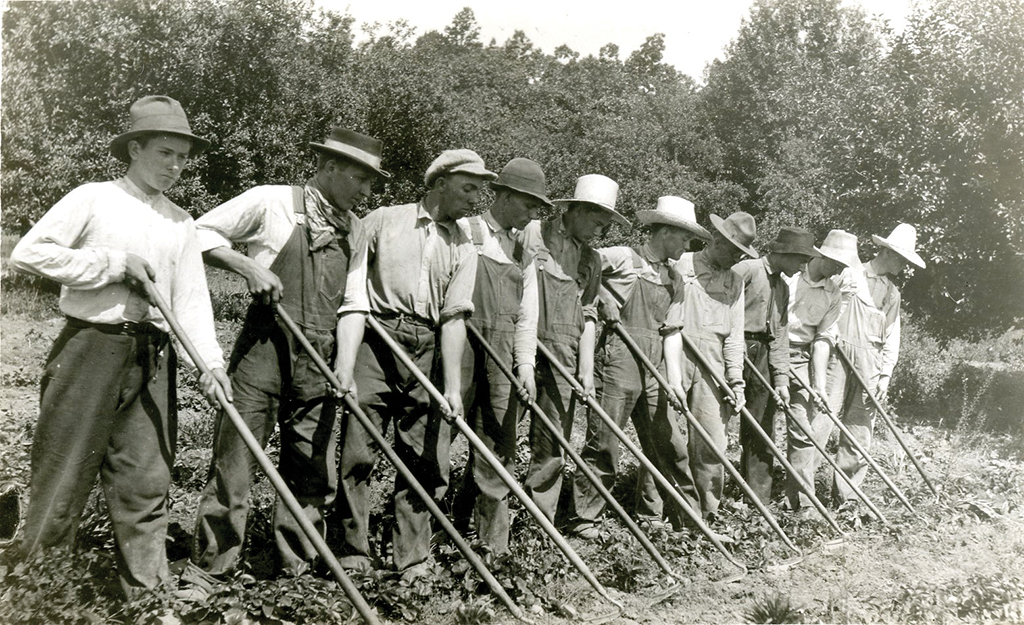
In 1920, Berea established an academic program for agriculture and natural resources, and the farm became the laboratory for the academic program, a place to apply information learned in the classroom and test new theories.
“Probably the highest piece of my academic career was tying the classroom and the farm together,” recalled Andrew Oles ’05, farm director.
In the 1990s, students pushed the College farm to transition to certified organic crop production. As a result,
the farm now stresses not just what it produces, but how it produces—humanely and sustainably.
“It fulfills one of the Great Commitments, plain and simple living or sustainability, as we call it now,” Oles said. “Here, we are modeling that for our campus community and our region. That piece is going to become more and more prevalent on an academic basis, but also on a community basis, where people are going to need access to healthy food choices.”
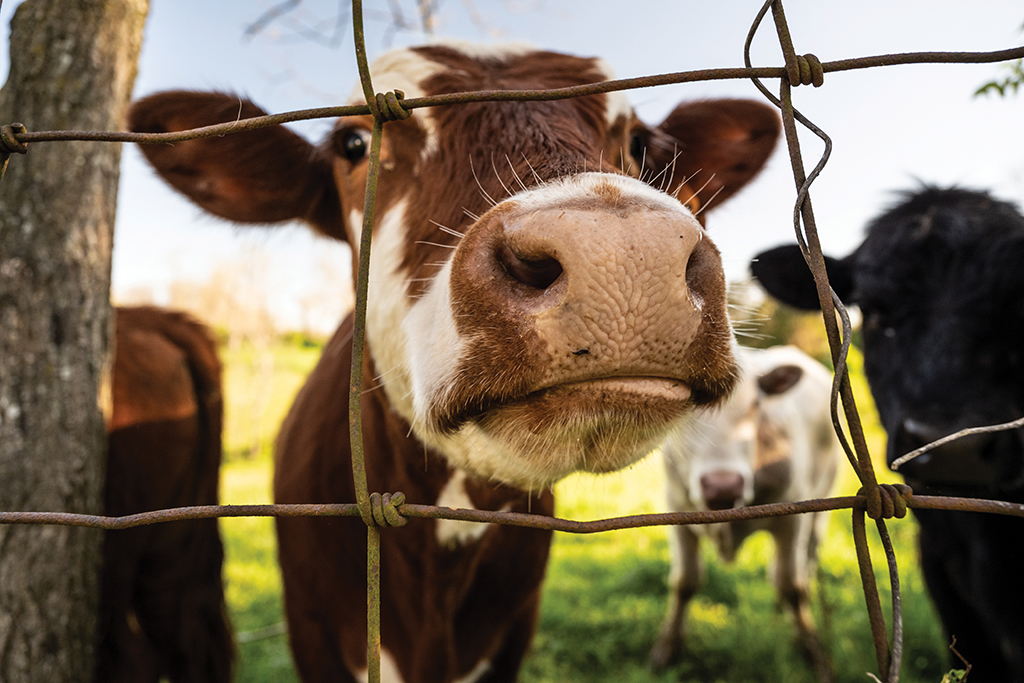
Providing access to healthy food has long been part of the farm’s mission—for the College’s dining services, College enterprises, the local market and the Historic Boone Tavern Hotel and Restaurant. In 2013, Berea opened the College Farm Store, where raw produce and meats are processed into value-added products. It’s also a restaurant staffed by students, where the local community can purchase farm-to-fork meals. The local community also benefits from the farm through the Berea Kids Eat initiative, a program of the College’s Grow Appalachia initiative that provides organic vegetables and meat to a feeding program for school-aged children.
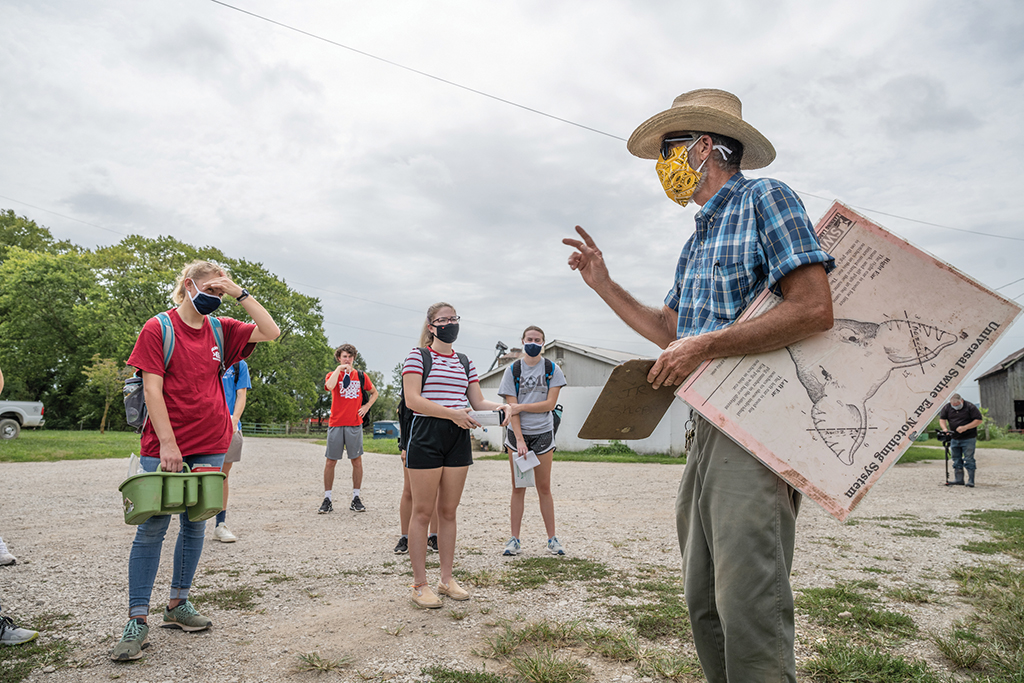
In 150 years, the Berea College Farm has grown from that small garden to a complex, integrated program, growing food resources for the College and community in a sustainable way, while also contributing to the learning experiences of graduates imbued with practical, hands-on knowledge to lead agricultural and sustainability efforts across the country. One can only imagine what the next 150 years will bring for the Berea College Farm.
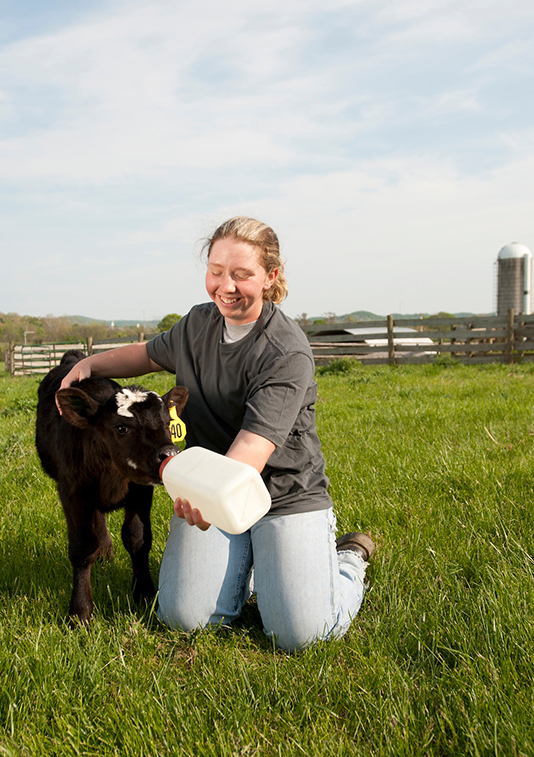
Jessica Scruggs, ’08, an Agriculture and Natural Resources Major from Franklin, NC. She was awarded the College Student Employee of the Year Award, Student Employee of the Year Award for the Midwest Region and the National Student Employee of the Year Award at the 2008 Labor Award Banquet. She was featured in the 2008 Summer Magazine. Taken 20080501. 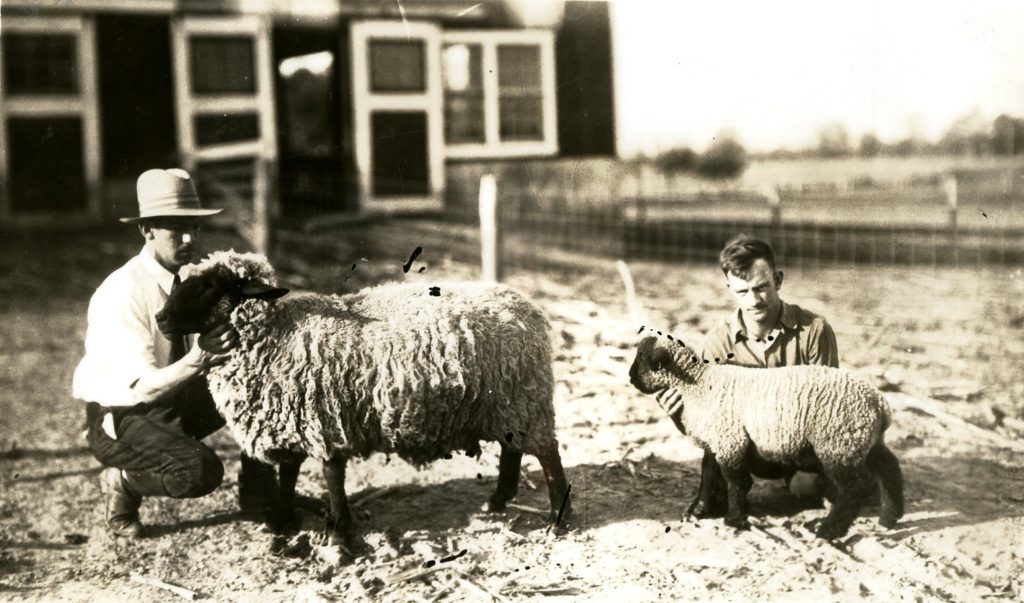
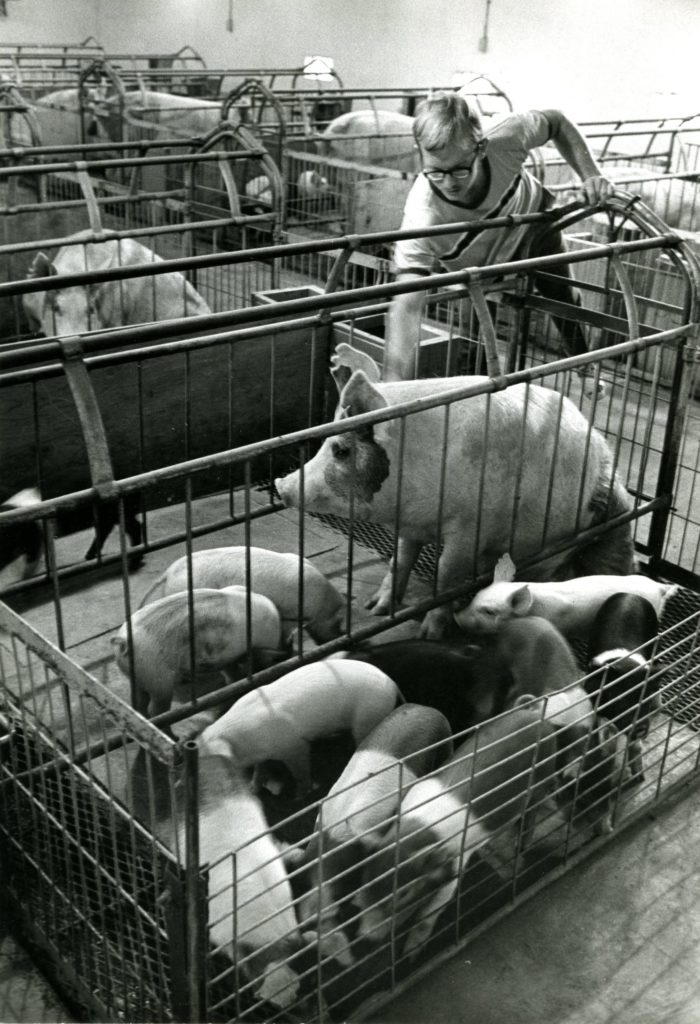
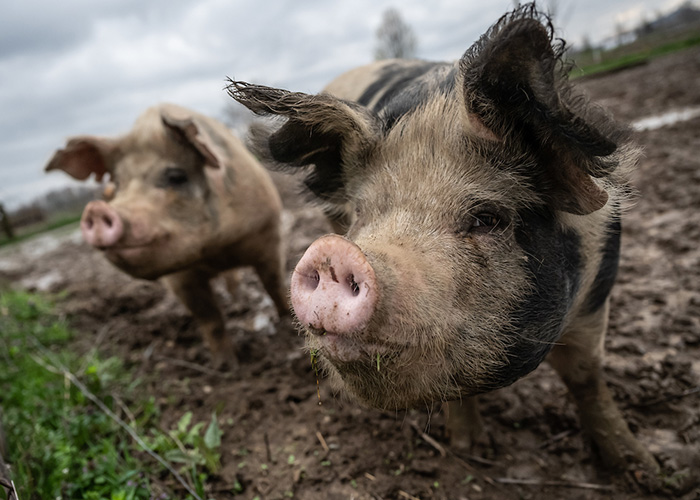
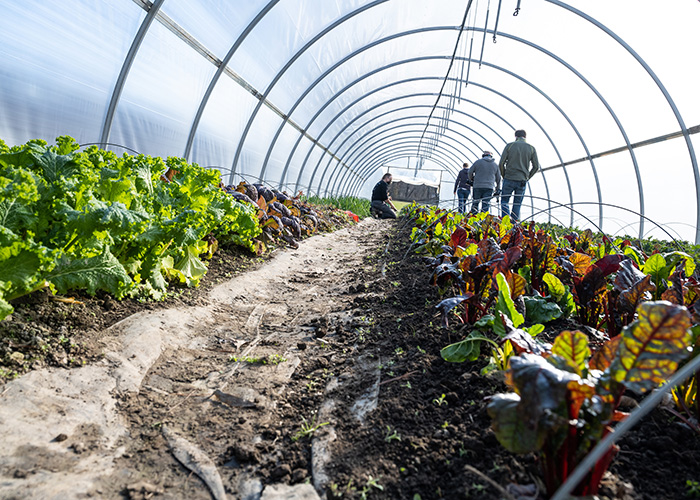
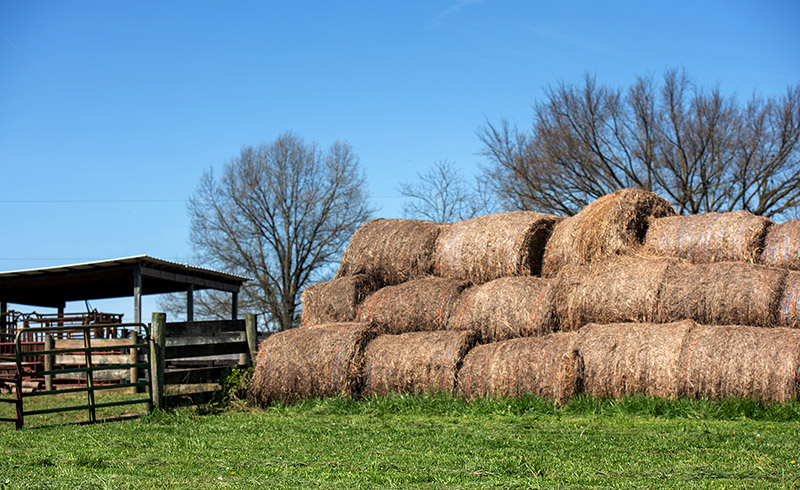
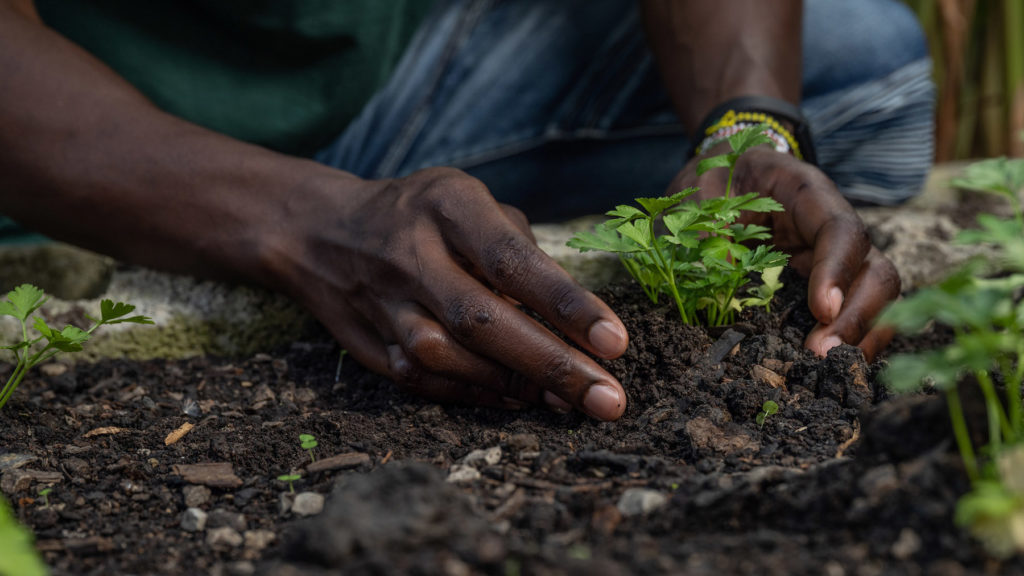
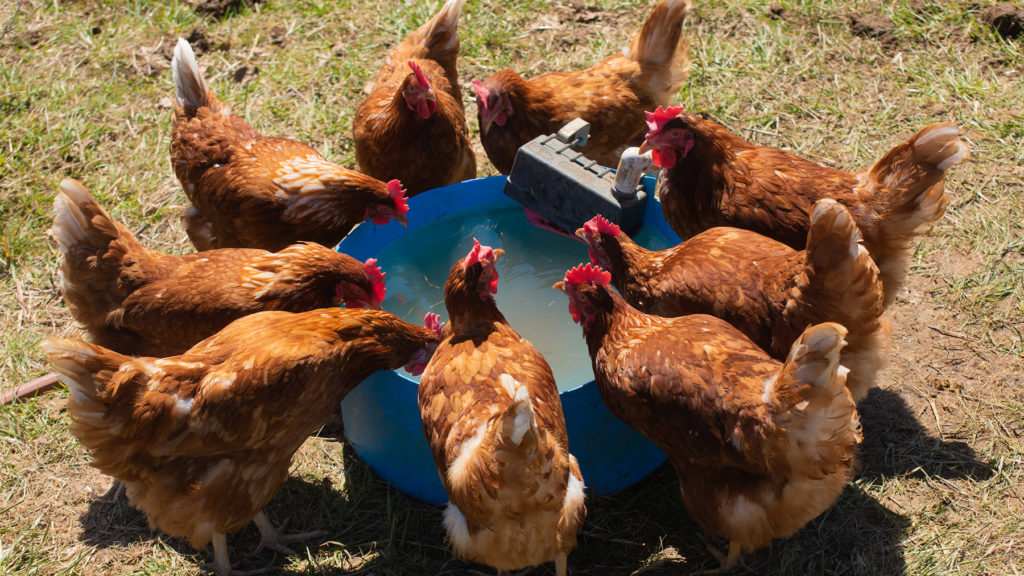
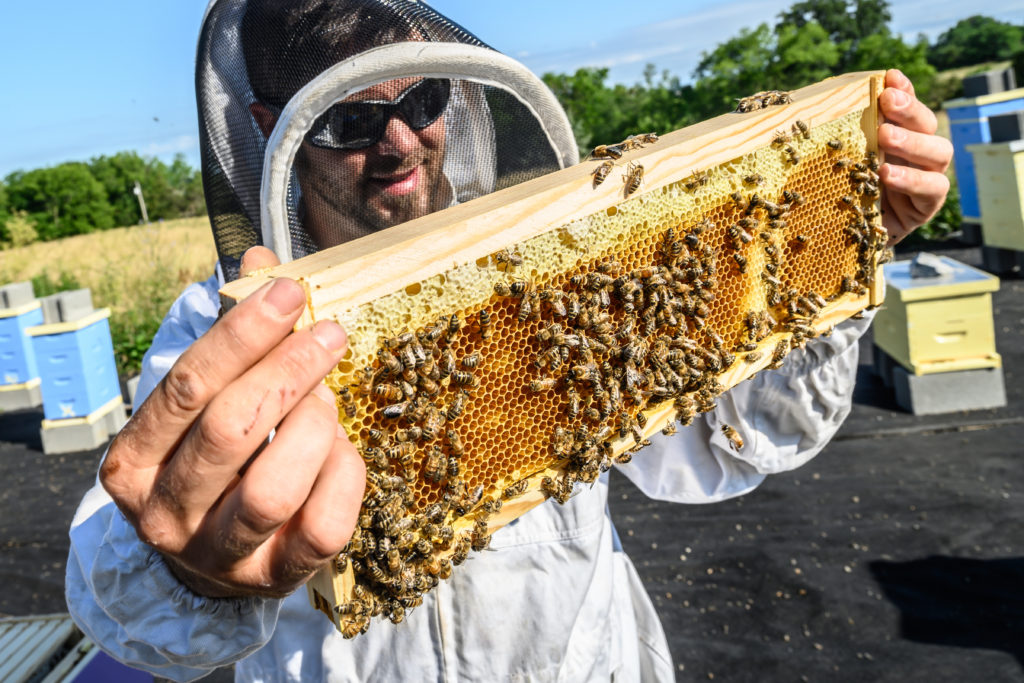
Photo by Crystal Wylie ’05


